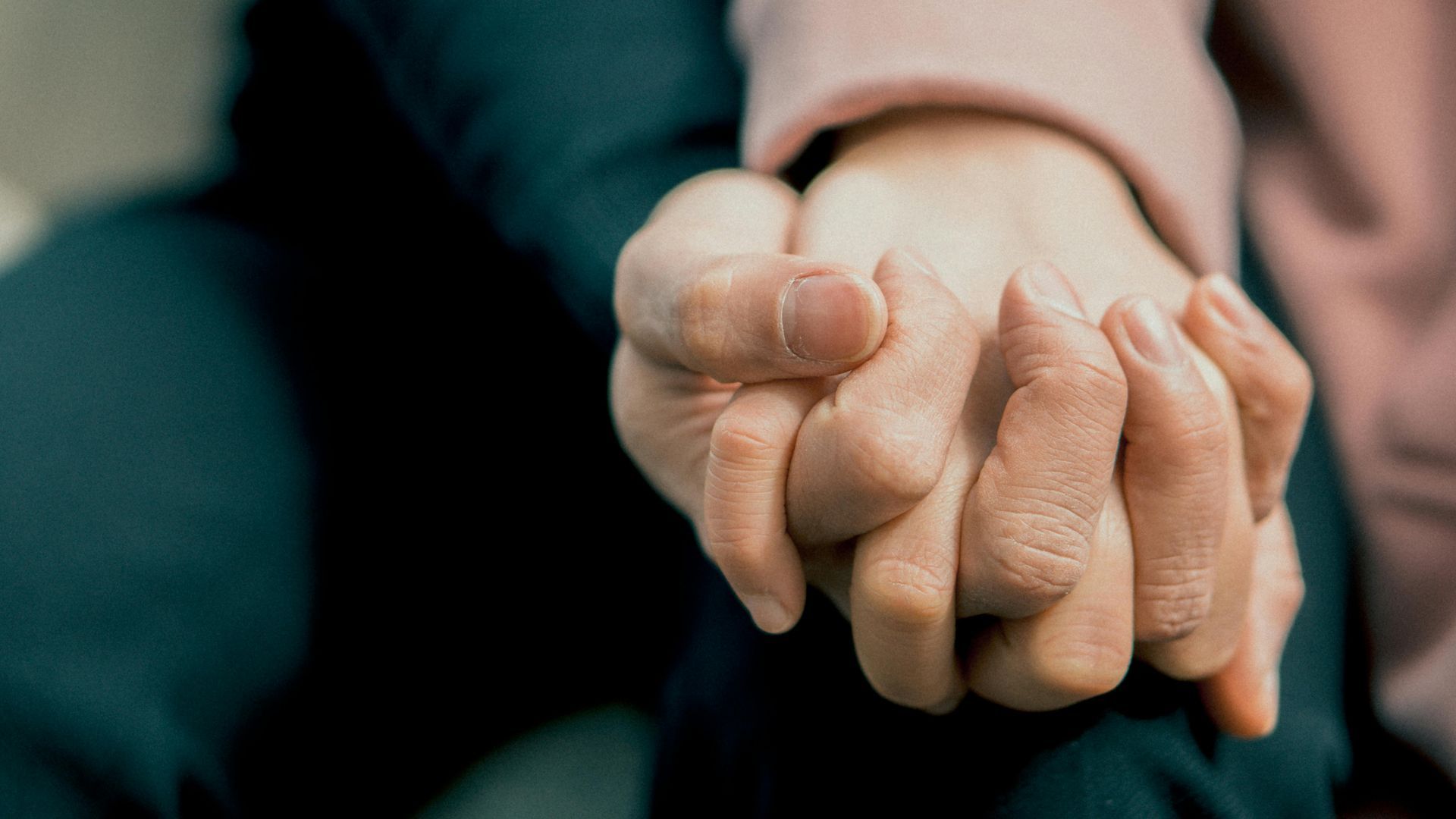How Sleep Disorders Impact People with TBI
Many people suffering from a traumatic brain disorder (TBI) find that the presence of a sleep disorder exacerbates their symptoms. This can make it difficult to get the rest that is needed to recover from the injury in the first place. Not being able to sleep properly can lead to increased depression, worsening bouts of anxiety, and cause a person to become more irritable than usual. This is on top of the already debilitating effects being experienced after a brain injury. Since it is believed that roughly 60% of individuals with TBI suffer from some type of sleeping disorder, it is important to understand how this impacts their overall sense of well-being.
4 Type of Sleep Disorders Affecting People With TBI
One of the key aspects of recovering from TBI is sleep. This is difficult to do when a restful seems to elude most victims of such a brain injury. Some of the common types of disorders that these individuals are forced to endure include:
- Insomnia – This is a state of not being to fall asleep, even when you are tired, and you know it is your time to retire for the evening.
- Overwhelming daytime drowsiness – This is a result of not sleeping well during the night. No matter what you do, you just cannot help feeling sleepy during the daytime hours.
- Delayed Sleep Phase Syndrome – This is a continual process of waking up and falling asleep during the night.
- Narcolepsy – Narcoleptics end up falling asleep during the day without being able to control themselves. It can actually be quite dangerous.
The Main Causes of Sleep Disorders
One of the reasons why individuals with a TBI suffer from a sleep disorder in disproportionate numbers compared to the rest of the population is that the brain is largely responsible for allowing the body to enter a sleep state. When the brain becomes injured, this ability to enter into sleep effectively is bound to suffer.
One cause of sleep disorder involves physical and chemical changes to the brain. The brain typically relies on an internal clock that tells the body when it is time to sleep and when it is time to stay awake. A traumatic brain injury can cause certain chemical changes that mess with this clock to the point that a person can end up sleeping too little or far too much.
The act of breathing while sleeping is also controlled by the brain. The ability to do so effectively can be negatively impacted after a TBI. This can result in sleep apnea, which means that breathing stops intermittently throughout the night. Certain medications that a TBI victim must take to aid in recovery can also lead to certain types of sleep disorders.
What Can TBI Victims Do to Sleep Better?
While individuals with a TBI cannot often control the onset of a sleep disorder, there are certain things that can be done to enjoy a more restful night. Here are a few suggestions that can be easily implemented in order to help everyone in the house get a better night of sleep:
- Wake up at the same time – Try setting the alarm so that you get up at the same time every morning, even on the weekends.
- Limit television exposure – Television is a stimulus that can keep your brain far too active when you are trying to sleep.
- Get frequent exercise – It has been shown that individuals with TBI who frequently exercise also report fewer incidences of sleep disorders than those who do not.
- Avoid naps of longer than 20 minutes – This will allow you to be sufficiently tired and ready to sleep when your bedtime arrives.
These suggestions should help TBI victims sleep better at night and stay awake during the day. This will lead to improved emotional and physical health. This is what will be needed to fully recover and continue the rehabilitation process following a traumatic brain injury.
The post How Sleep Disorders Impact People with TBI appeared first on Flourish Supportive Living Assisted Living for Brain Injury.






All Rights Reserved | Flourish Supportive Living | By Digital Marketing Dude Website Development Westminster CO







